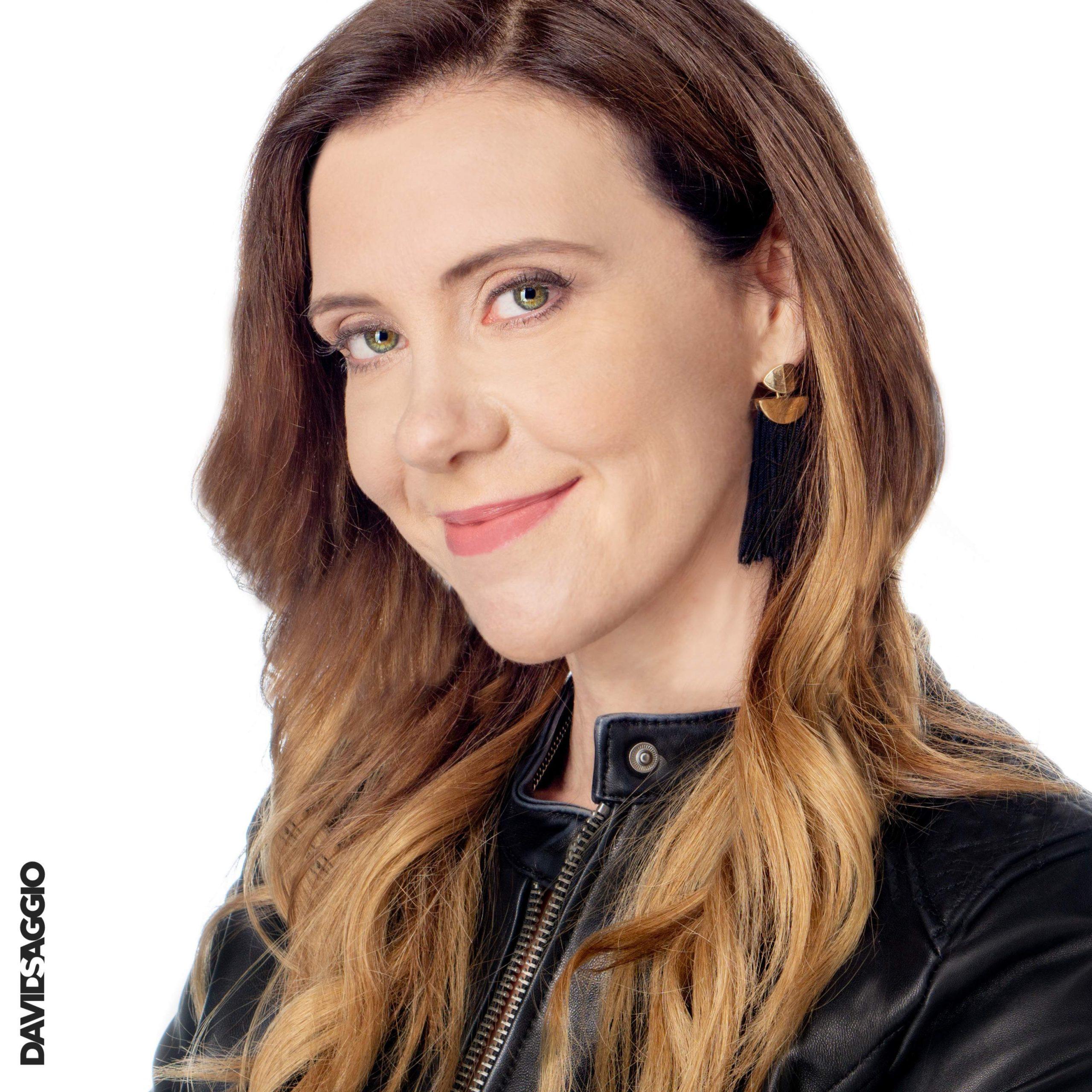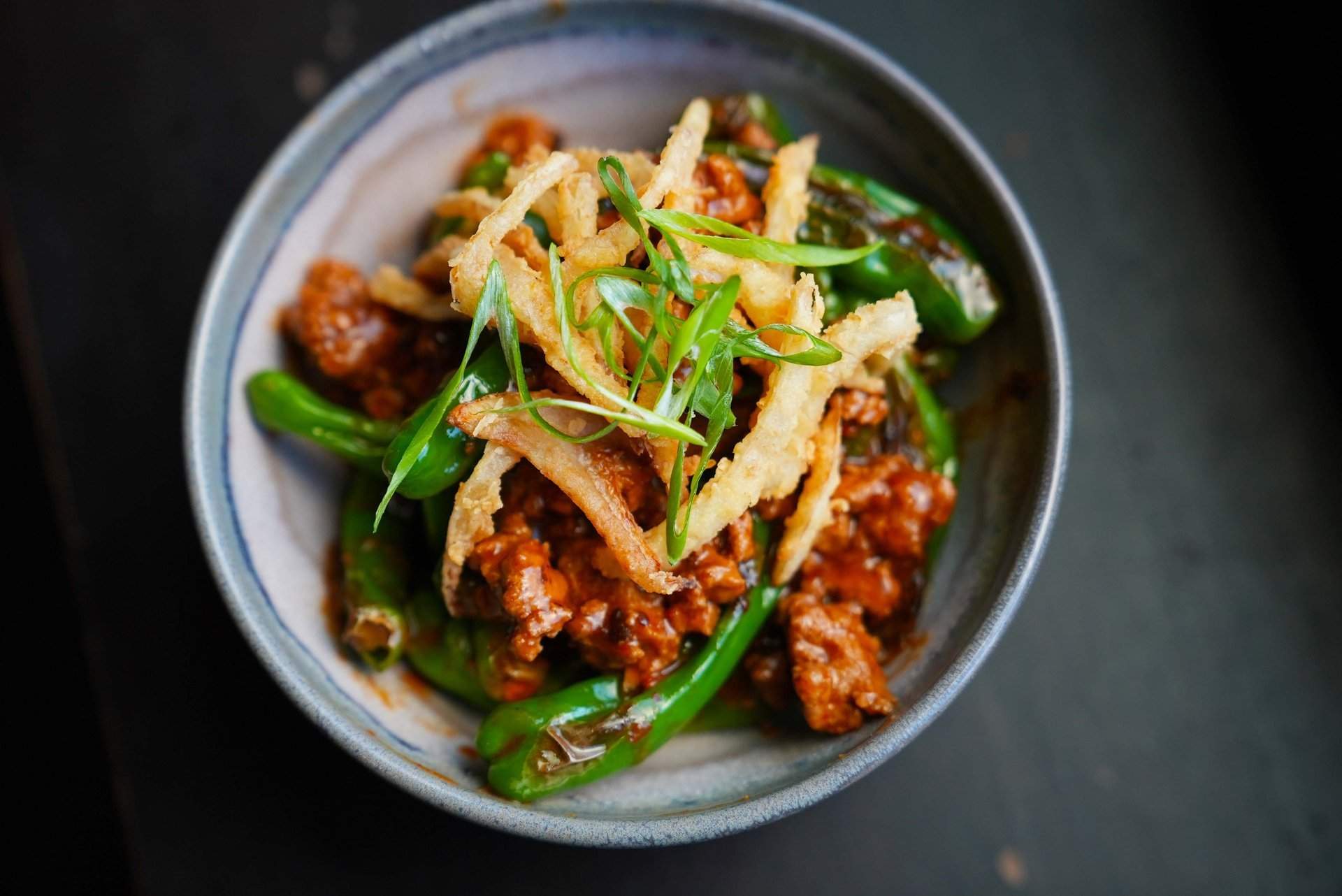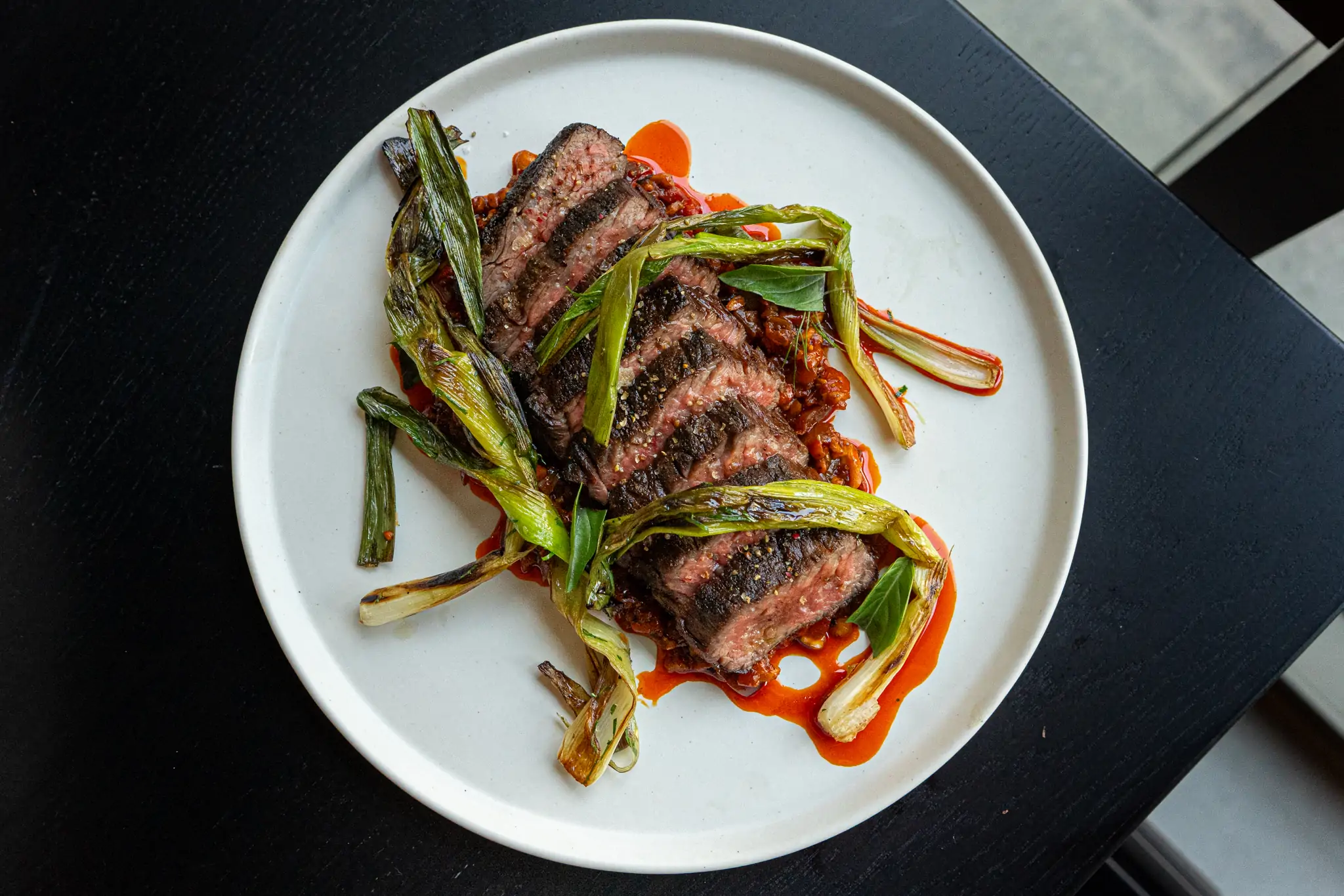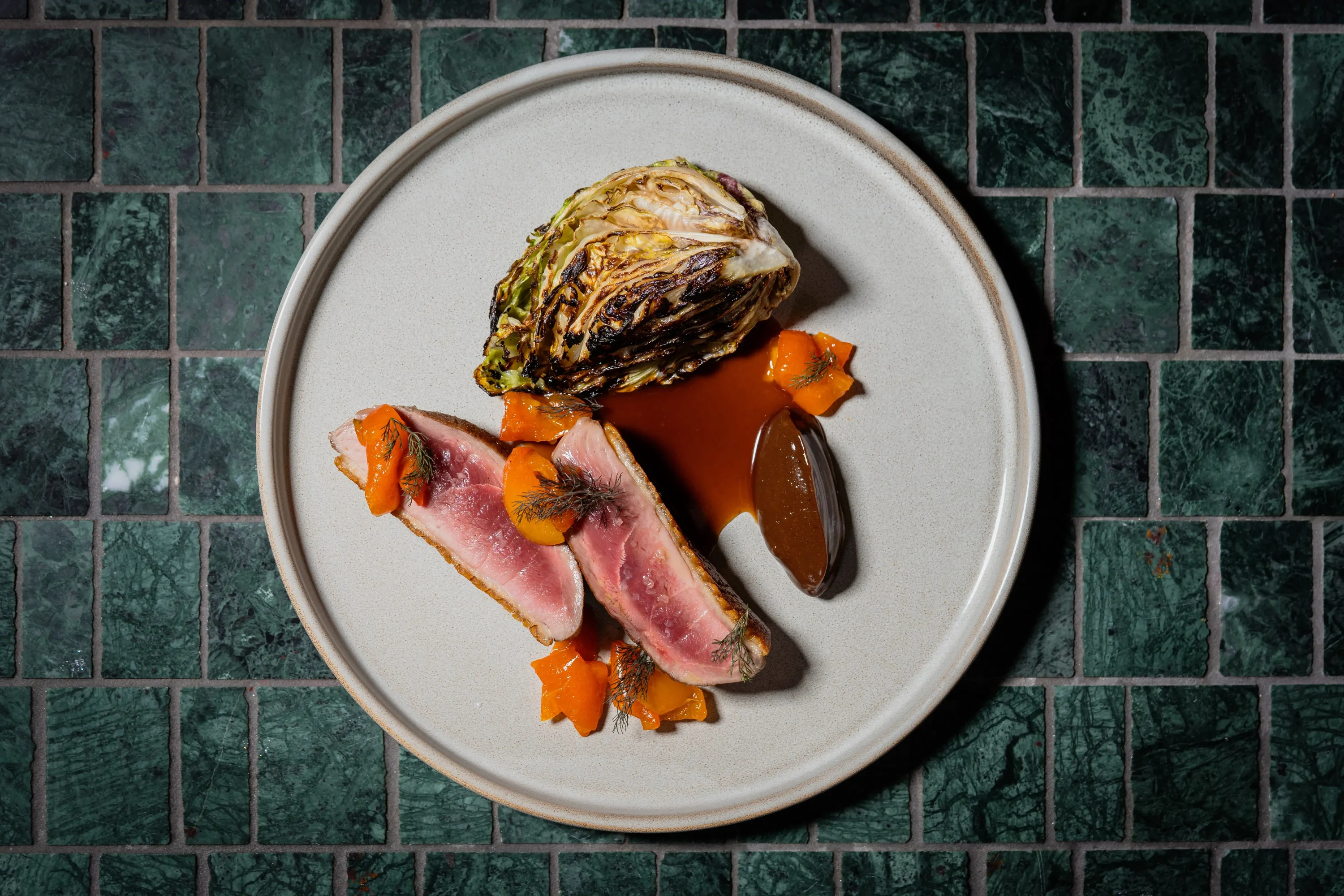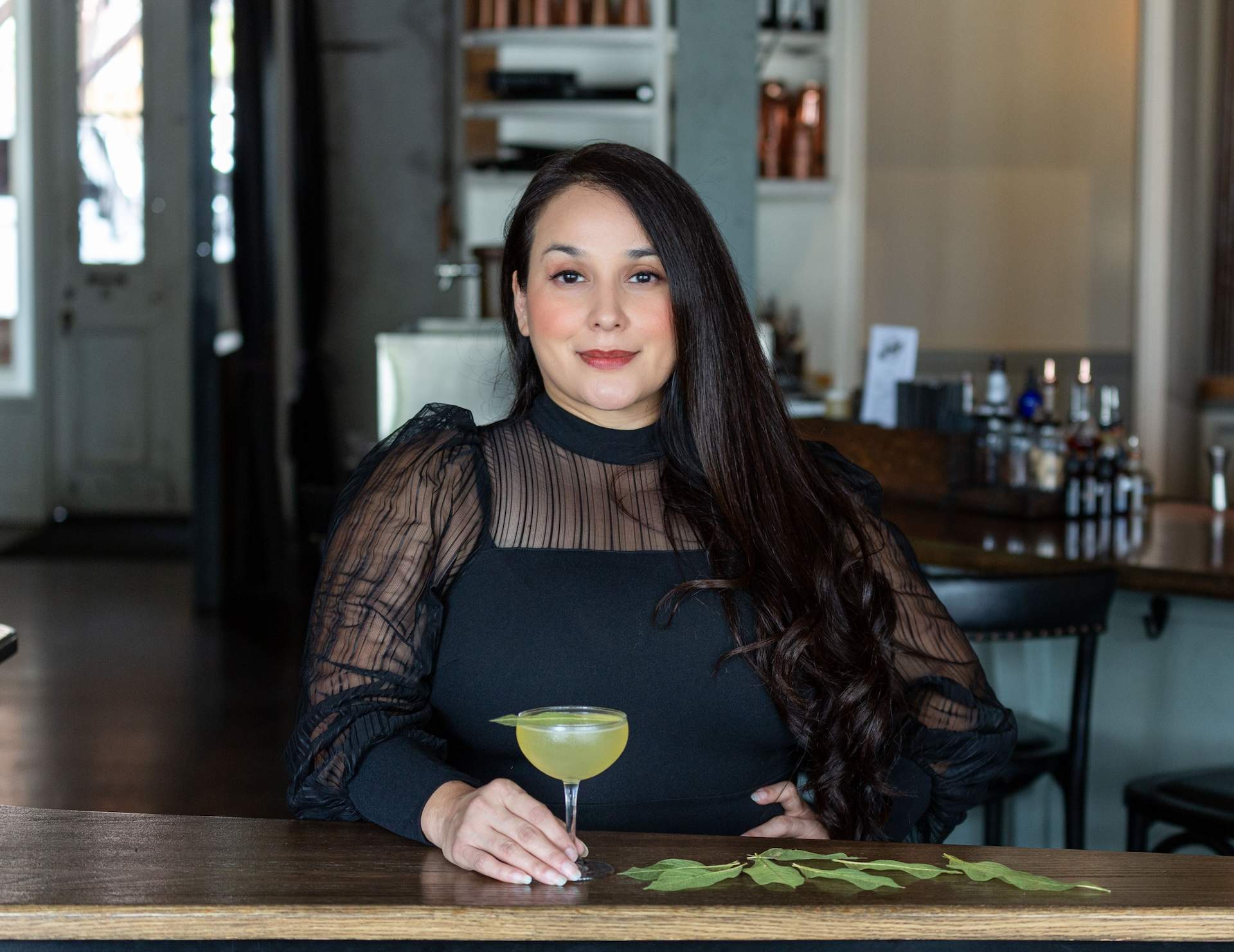Famed chef Michael Schlow might just be one of the busiest restaurateurs in the country right now.
The James Beard Award winner operates nearly a dozen restaurants across the eastern seaboard, including DC favorites Alta Strada and Nama Sushi Bar. Since September, though, Schlow’s primary focus has been DC’s Nama Ko, a more playful, whimsical sibling to Nama Sushi Bar (“ko” means “child” in Japanese).
In the months since its opening, the restaurant has already been lauded for its fun approach to dining out. Washington City Paper lauded its truffled miso honey soft serve as one of the best desserts in the city right now, calling it, “creative, exuberant, and untethered from tradition.”
It’s clear Schlow is having a blast with the restaurant.
“The whole beverage program is so exciting, I really struggle to decide what to drink when I’m there,” he says. “Not only are they [the drinks] stunningly beautiful, but we have some of the city’s most dedicated and creative mixologists.”
One that’s been a fan favorite since Nama Ko opened is the What’s in a Name, a cocktail featuring serrano-infused tequila, pineapple, honey, and a togarashi rim. The food “breaks a few rules” when it comes to traditional Japanese cuisine, Schlow says, but that’s a big part of the draw.
Now that the restaurant has settled into a groove, it’s an exciting time to visit. Schlow spoke to OpenTable about the inspiration behind the restaurant, Nama Ko’s extensive Japanese drinks program, and how the restaurant’s fun-loving approach is meeting diners’ needs in today’s dining landscape.
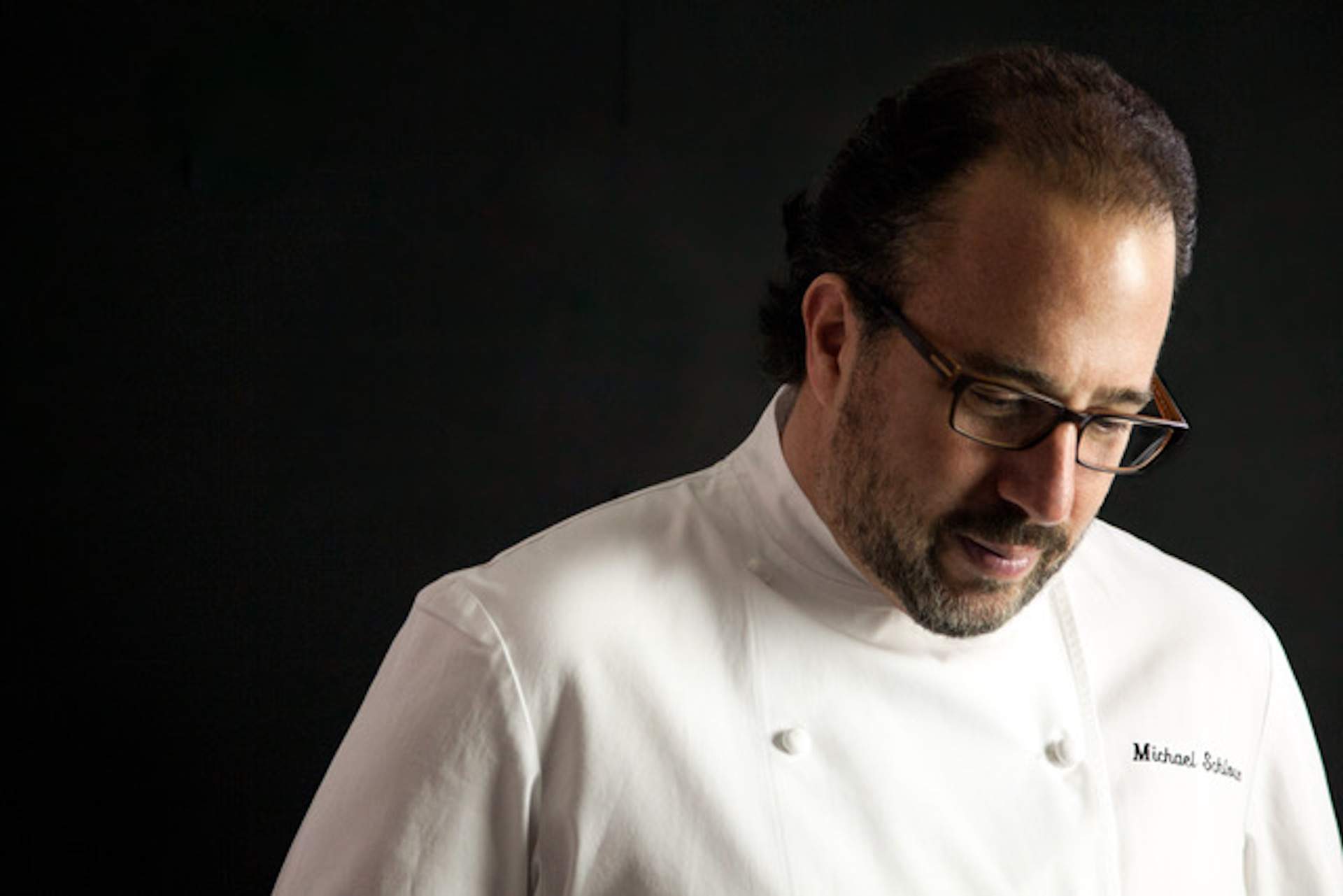
Readers who mention this blog post will get a 10% discount at Nama Ko during the month of April. This interview has been edited for clarity
Tell us more about tradition and interpretation and the reaction to your team’s approaches at Nama Ko.
Michael Schlow: I’m forever a fan and a student of this cuisine, which is why I hired [executive chef] Derek Watson. He’s not only well-versed in this cuisine, but also in Japanese culture and worked at [Iron Chef] Masaharu Morimoto’s flagship and Momotoro. Right there that gives us some instant credibility of breaking the rules. Morimoto is one of the most talented chefs in the world, but by no means only doing traditional Japanese. We have the attitude of no boundaries, no rules, as long as it’s Japanese-inspired.
We’ve offered up a bit of something for everyone. The traditionalist has their edamame, miso soup, and dumplings. And then there’s lots for the adventurous intrigued by different combinations. [For example: Crunchy tacos with raw spicy tuna and lobster pasta with dashi broth and yuzu-seasoned butter.]
In terms of following rules or breaking them, which ones have changed since the pandemic?
Schlow: More than anything, people are looking for experiences post-COVID. They want an opportunity to connect with family and friends, enjoy good food, good music, and good times. Restaurants are supposed to be this little bit of fantasy and a little bit of a break from daily life. That’s what we provide. Not just food and service but hospitality and experience [DC-based firm //3877 designed the space with deep-blue paint and jewel-tone curtains].
We have the ability to do omakase. We have a small bar that puts you literally in the kitchen with one chef. It’s only seven seats. There’s no menu. It’s not for every diner, obviously; it’s for the diner that’s willing to say, “I’m going to put myself in your hands.” If you come alone, you’re going to meet like-minded friends almost instantly. It’s definitely an experience.
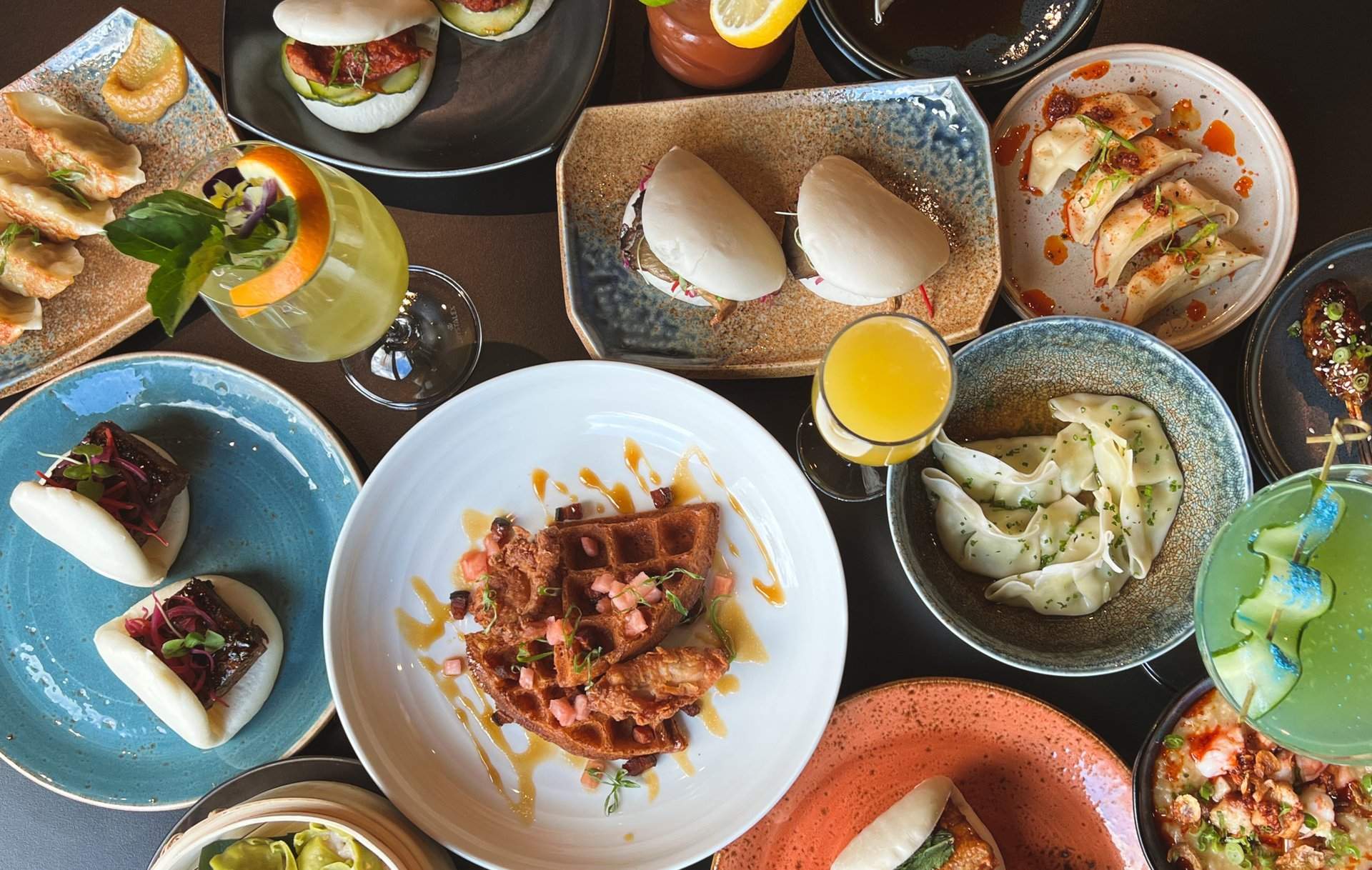
Why is this the right time for a sushi restaurant?
Schlow: Fourteenth Street [NW] is one of the busiest and most frequented areas in DC. It has everything from French at Le Diplomate, to fun and funky Southeast Asian, Italian, [and] Pearl Dive Oyster Bar. COVID allowed us to rethink opportunities, and we realized that there were no high-end, exciting, fun Japanese restaurants near there.
I think comfort food is never gonna go out of style. It’s probably more popular when there are economic, political, and world health issues…that being said, we have a really great pastry program [laughs].
Alex [Levin, Schlow Restaurant Group’s director of strategic business initiatives & pastry programs] has created two really great sundaes with unusual flavors. The first that’s probably never gonna come off the menu is the miso honey black truffle soft serve [with chocolate toffee, chocolate fudge, and Japanese caramel sauce]. It’s so good. So is the black sesame [with date syrup, Amarena cherries, and candied walnuts].
The other thing Alex has been working on is chocolates. When you go to the omakase bar, there are all of these chocolates as gifts for you to take home. It’s fun.
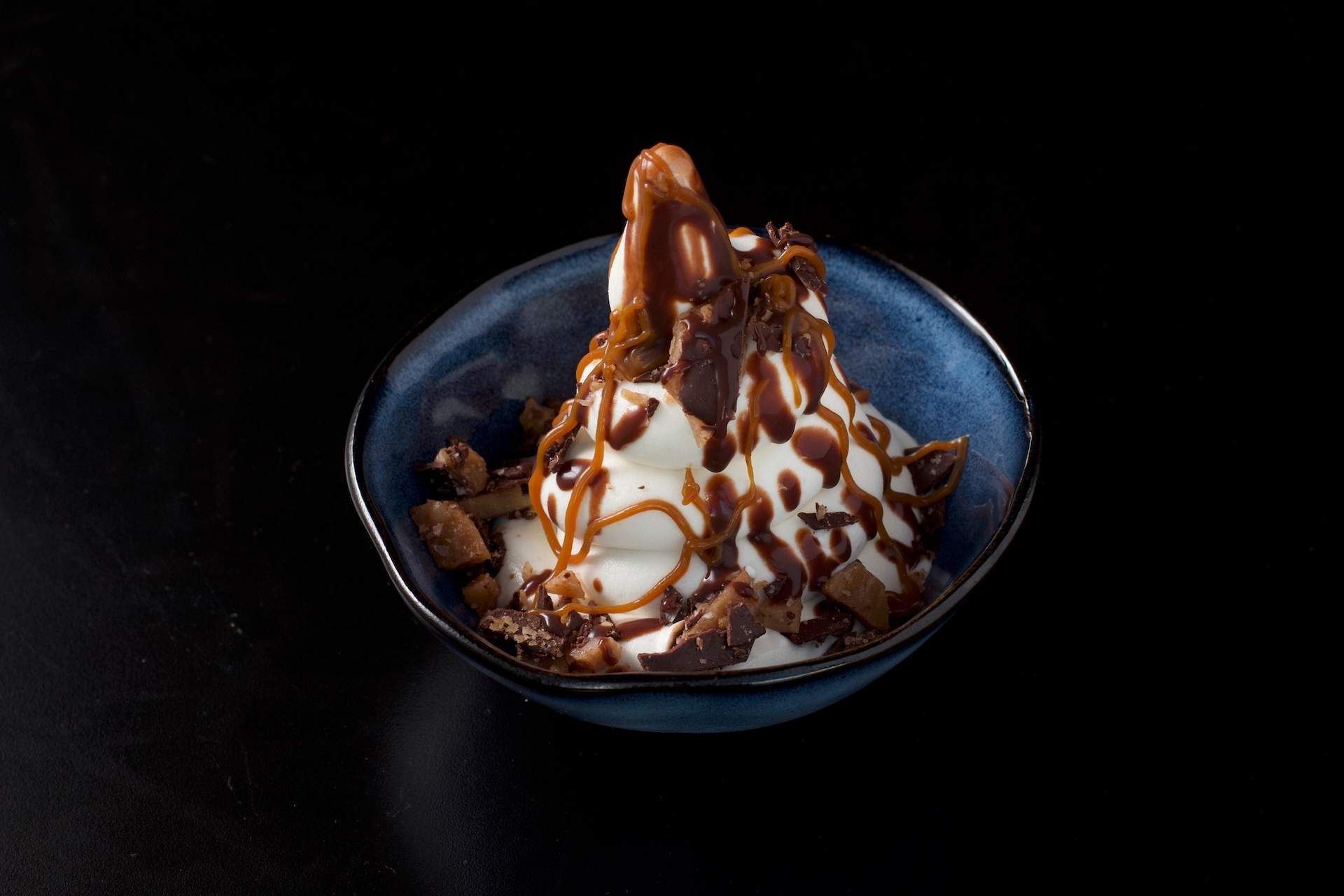
In terms of other indulgences, Japanese whisky is certainly enjoying a moment. What can a whisky novice expect?
Schlow: Whether you’re sitting at the bar or asking your server, the entire team goes through intense training to learn about saké. We have a truly amazing saké list. I think it’s one of the best in the city as far as depth. Then they [the staff] go through the same intense training to learn about our whiskies and even mezcal. Everyone goes through the same intense training to learn about everything we touch to speak intelligently to it. It’s really important for the answer to not be, “I don’t know; let me find someone who does.”
We also have a really wonderful list of zero-proof cocktails that are exciting and delicious, too [including Shiso Lovely with tonic, Thai basil, pineapple juice, and cucumber and the Sumo Spritz with sparkling grapefruit soda, orgeat, and cinnamon.] Our cocktails are more than just beautiful, there’s a certain dedication our mixologists bring to the table to make the perfect cocktail. The days of the saké bomb are not what we’re cooking up [laughs].
Carley Thornell-Wade is a Boston-based food, travel, and technology writer who’s been to more than 70 countries and delighted in tasting the regional delicacies of each.
